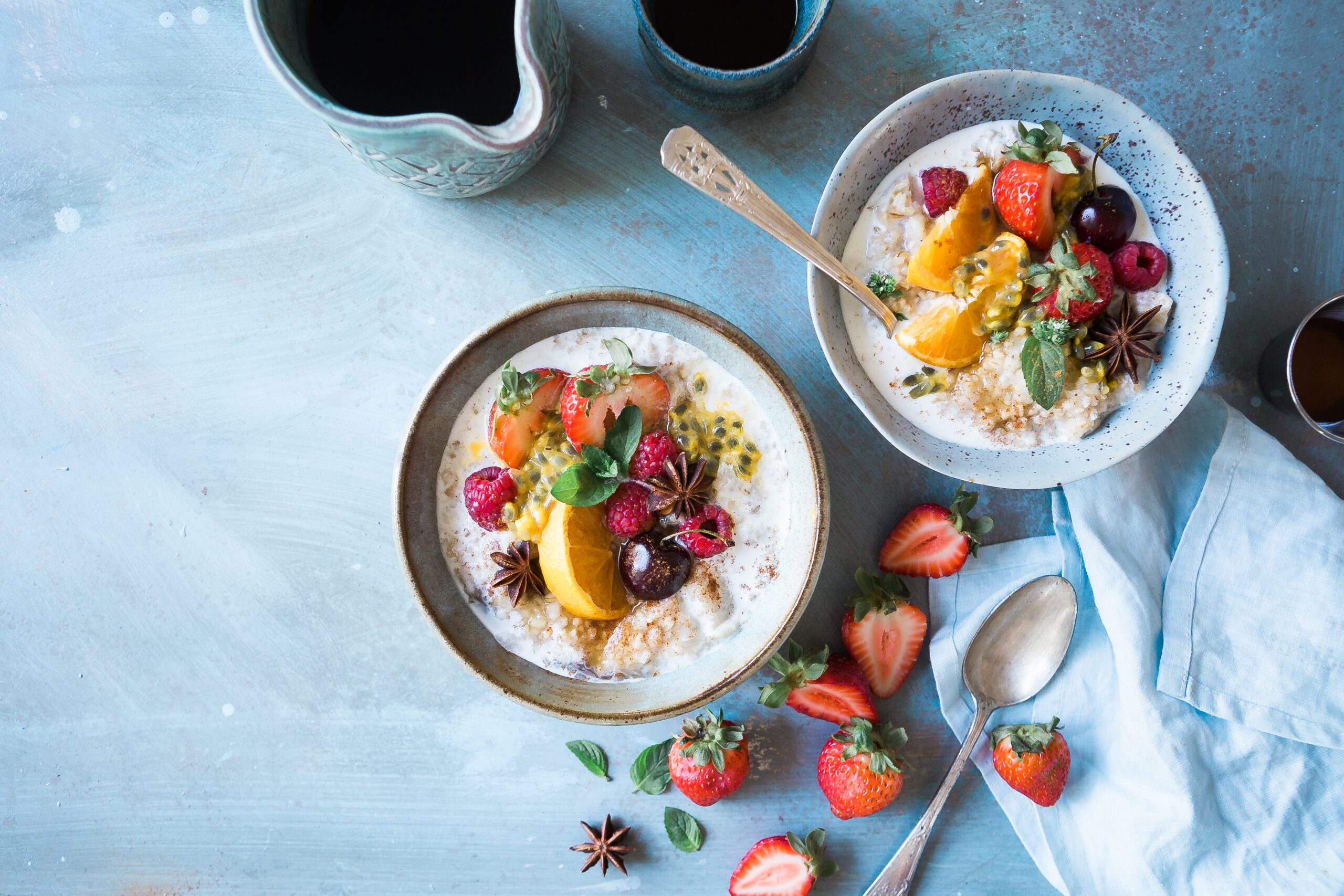We often forget the powerful relationship between food and self. Our taste buds are a reflection of our personalities, our cravings are an indication of our emotional needs, and our food choices can tell a lot about who we are as individuals. It’s no wonder why so many of us have become obsessed with what we eat and how it affects us on a physical and emotional level.
In this blog post, we’ll explore the intimate connection between food and ourselves—what it reveals about us, why it’s important to pay attention to it, and how understanding this connection can lead to improved well-being. So let’s dive in to learn more about not only what we put into our bodies but how that reflects back at us.
The Mind-Gut Connection
In Chinese medicine, the gut is known as the “second brain” because of the important role it plays in our overall health and well-being. The gut is home to trillions of bacteria that help us digest food, absorb nutrients, and produce vitamins and minerals that are essential for our health.
The gut also plays a critical role in our immune system, and research has shown that the health of our gut directly impacts our mental health. For example, studies have shown that people with depression or anxiety are more likely to have an imbalance in their gut bacteria.
There is a growing body of evidence to suggest that the mind-gut connection is real and that we can impact our mental health by caring for our gut health. Here are some simple ways to support your gut health:
– Eat a variety of whole foods, including fruits, vegetables, whole grains, and healthy fats.
– Avoid processed foods, artificial sweeteners, and refined carbs.
– Reduce stress through regular relaxation practices like yoga or meditation.
– Get enough sleep and exercise regularly.
How the Foods We Eat Affect Our Moods
The foods we eat have a direct impact on our moods. Eating nutritious foods helps us to feel good physically, which in turn positively affects our moods. On the other hand, eating unhealthy foods can lead to feelings of fatigue and low energy, which can negatively impact our moods.
When we eat healthy foods, our bodies receive the nutrients they need to function properly. This leads to increased energy levels and improved mental clarity. We feel better physically, which in turn boosts our moods. Healthy eating habits, therefore, play a key role in maintaining good mental health.
On the other hand, when we eat unhealthy foods, our bodies are not able to function as efficiently. This can lead to feelings of fatigue and low energy, as well as negative emotions such as irritability and anxiety. Unhealthy eating habits can therefore have a significant impact on our mental health.
It is therefore important to be mindful of the foods we eat and how they affect our moods. Eating a balanced diet rich in nutrient-dense foods is essential for maintaining good mental health.
The Link Between Emotional Eating and Body Image
There is a strong link between emotional eating and body image. When we feel bad about ourselves, we are more likely to comfort ourselves with food. This can be a vicious cycle, as the more we eat, the worse we feel about ourselves, and the more we turn to food for comfort.
It is important to break this cycle by learning to love and appreciate our bodies. We need to start seeing ourselves as beautiful and worthy of love, no matter what our size or shape. Only then can we truly start to heal our relationship with food.
Nourishing Our Relationships with Food and with Ourselves
When it comes to food, we often think about what we should and shouldn’t eat in order to be healthy. But our relationship with food goes much deeper than that. The way we interact with food reflects our relationship with ourselves.
If we’re constantly depriving ourselves of certain foods or punishing ourselves for eating “too much,” then that’s indicative of a larger problem. We need to learn to nourish our relationships with food and with ourselves.
That means listening to our bodies and giving them what they need. It also means being gentle with ourselves when we make choices that aren’t perfect. Our goal should be to create a healthy balance, not perfection.
When we can do that, we’ll find that our relationship with food reflects a deep respect and love for ourselves. And that is the foundation of true health and happiness.
Conclusion
The intimate connection between food and our relationship with ourselves is an important aspect of understanding how we can take care of both our physical and mental health. Our relationship with food reflects the way we think about ourselves, so it’s important to develop a healthy relationship with both food and our own self-worth. Keeping track of eating habits, developing mindful practices around meal time, and being conscious of the emotional aspects that may influence eating choices can all help us cultivate healthier relationships with food that will ultimately lead to better overall well-being.
